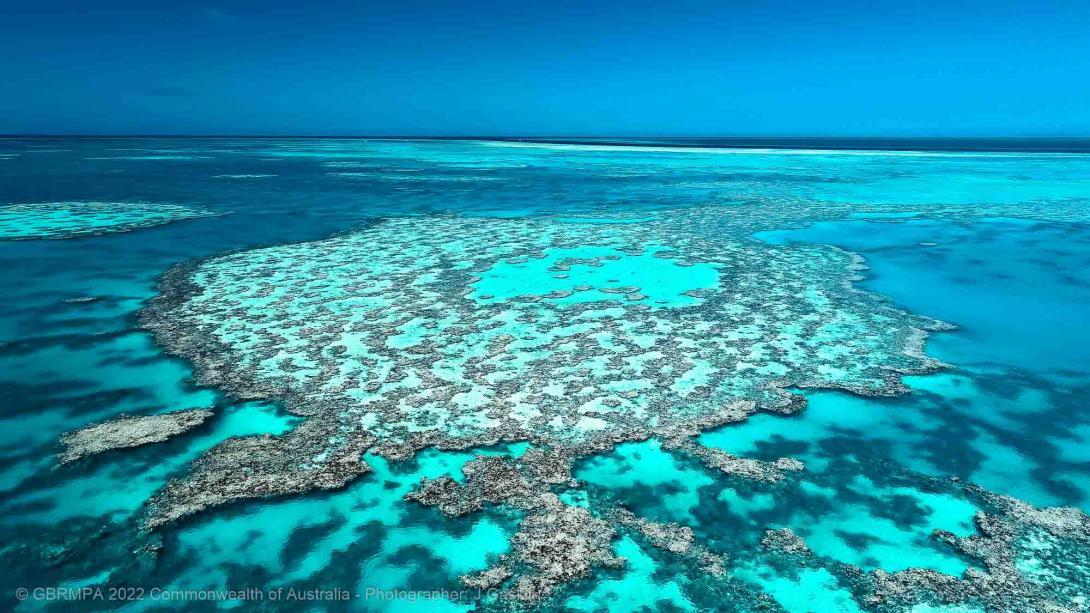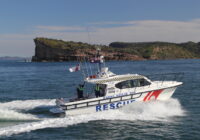The Great Barrier Reef Marine Park Authority (Reef Authority) is calling on all Marine Park users to follow the rules, to reduce further impacts to the Reef during the current coral bleaching event.
The Great Barrier Reef is currently experiencing significant stress due to a culmination of events over summer including high sea-surface temperatures, cyclones, and floods.
Now more than ever, Reef goers are being reminded of the importance of paying attention to zoning rules when entering the Marine Park.

The Reef Authority’s Chief Scientist, Dr Roger Beeden said, everyone can do their bit to support the Reef.
“Zoning across the Marine Park protects vital parts of the ecosystem and helps us to manage the long-term health of the Reef,” Dr Beeden said.
“No take and no entry zones like green and pink zones provide vital refuges for fish, corals, and other animals. Leaving fish you don’t need means more for the future – and it also helps support the Reef’s recovery.”
Chris Cochrane, Director Field Management at the Reef Authority said during the upcoming holidays, the Marine Park compliance patrols would be out in force, particularly at known illegal fishing hotspots.
“We’re urging recreational fishers to familiarise themselves with the zoning rules and do the right thing,” Mr Cochrane said.
“Neglecting these rules, intentionally or not, impacts on the health of the Great Barrier Reef.
“Marine Park users are encouraged to enjoy the region in an environmentally and reef-friendly way, respecting the ecological, cultural, and heritage values of the area.”
The Reef Authority recommends downloading the free Eye on the Reef app. This app provides information including on-water location, zone identification, and applicable rules.
The Reef Authority works with Australian and Queensland government agencies to ensure responsible enjoyment of the World Heritage Area.
While most Marine Park users do the right thing, illegal recreational fishing, and island offences such as illegal camping and fires, leaving rubbish behind, or disturbing local wildlife, continue to be detected. Various methods, including vessel and aerial patrolling, are used to find people who are doing the wrong thing.
By following the rules and enjoying the region responsibly, visitors can contribute to the resilience and long-term survival of this extraordinary and magnificent ecosystem.
For more information visit GBRMPA webpage HERE







